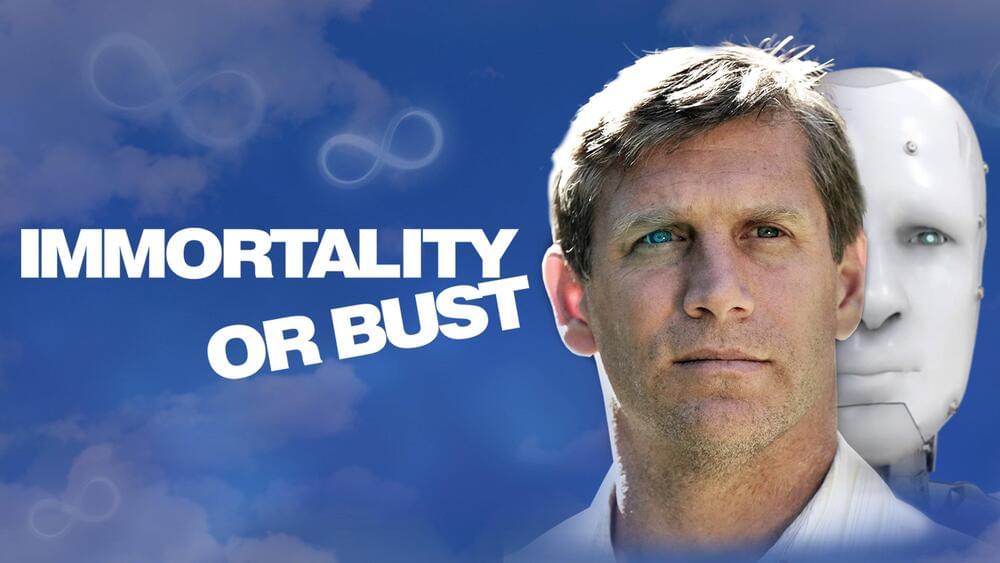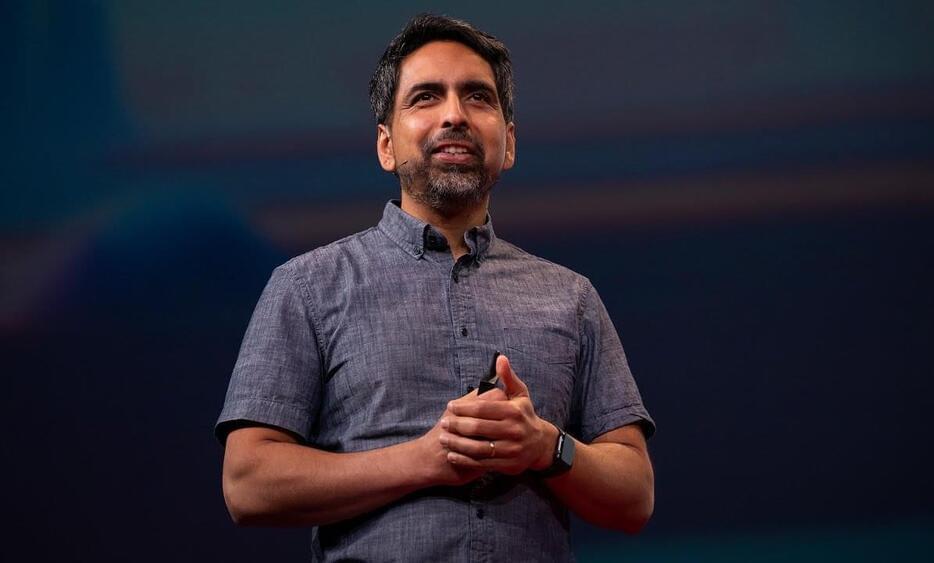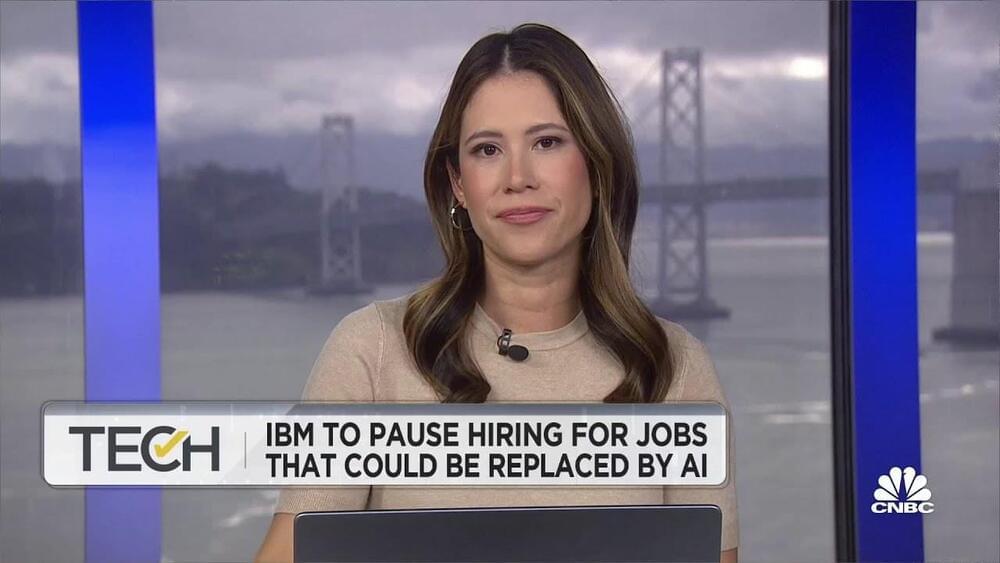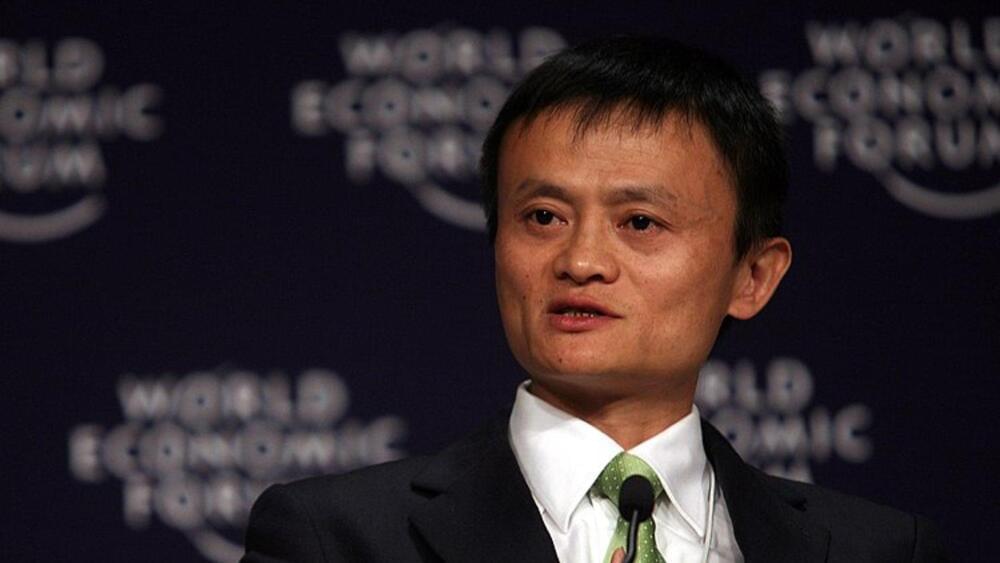May 15, 2023
AI offers leisure, if not happiness
Posted by Shailesh Prasad in categories: economics, education, robotics/AI
NEW YORK, May 12 (Reuters Breakingviews) — Trying to predict how a nascent and promising technology will affect society is hubris, but history suggests people are going to have some serious leisure time if the development of artificial intelligence continues apace. Whether that makes them happy, and how the spoils will be divided, are harder to predict.
Over the past 50 years, technology has tended to grow faster than the wider economy. From 2006 to 2016, the digital economy grew at an average annual rate of 5.6% according to the U.S. Bureau of Economic Analysis, or almost four times faster than the overall output. That sort of expansion appears to be oddly consistent. Revenue earned by technology companies in Fortune’s list of the 100 biggest U.S. firms has, adjusted for inflation, increased at a similar rate for five decades.
American employee productivity has increased about 2% annually for seven decades. While higher capital intensity and more skilled labor steadily contribute, what varies more is the ability to deploy technology successfully. Sectors able to automate tasks and reduce workers, such as manufacturing, will generally see higher productivity, while others, such as education, may have a harder time. This process also takes time. In 1987, the economist Robert Solow famously said computers were visible everywhere expect in the productivity statistics. A decade later, productivity shot up.
















